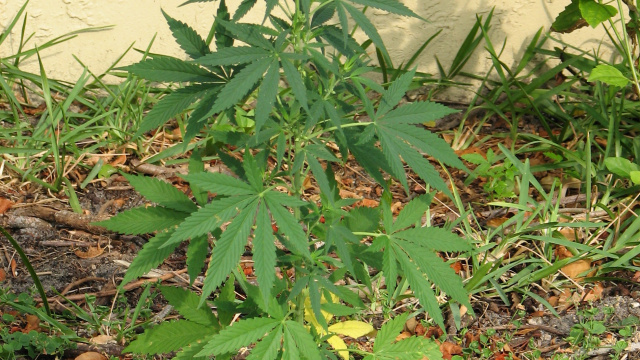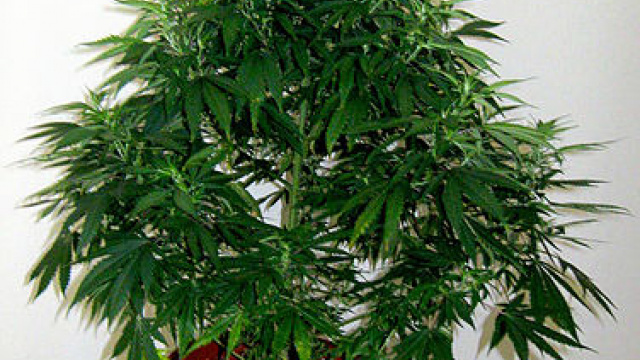Farmers have always saved seeds from their harvest to sow the following year. But Monsanto and other big seed companies have changed the rules of the game.
June 20, 2013 |
The following content originally appeared on TruthOut.
There has been mixed news for the agrochemical giant Monsanto recently. On the one hand, there was the surprise announcement on June 1 by company spokesman Brandon Mitchener: “We are no longer working on lobbying for more cultivation in Europe… Currently we do not plan to apply for the approval of new genetically modified crops.”
The embattled corporation has decided to stop tilting against the windmill of European resistance to its controversial biotech seeds. Eight EU nations have already prohibited GM (genetically modified) cultivation on their territory and banned the import of genetically modified foods from abroad.
But Monsanto’s prospects in the United States took a very different turn last month when the US Supreme Court ordered Indiana farmer Vernon Bowman to pay Monsanto over $80,000 for planting its GM soybean seeds. Bowman had purchased the seeds from a grain elevator rather than from Monsanto itself, as their corporate contract requires. The seeds had been saved from an earlier crop.
For as long as humans have been growing food, farmers have saved seeds from their harvest to sow the following year. But Monsanto and other big seed companies have changed the rules of the game. They have successfully argued that they spend millions of dollars developing new crop varieties and that these products should be treated as proprietary inventions with full patent protection. Just as one can’t legally reproduce a CD or DVD, farmers are now prohibited from copying the GM seeds that they purchase from companies like Monsanto, Bayer, Dow and Syngenta.
In one sense, these corporations no longer sell seeds – they lease them, requiring farmers to renew their lease with every subsequent growing season. Monsanto itself compares its GM seeds to rental cars. When you are finished using them, rights revert to the owner of the “intellectual property” contained within the seed.
Some farmers have saved their seeds anyway (called “brown bagging”), in some cases to save money, in others because they don’t like the big companies telling them how to farm. Monsanto has responded with an all-out effort to track down the brown baggers and prosecute them as an example to others who might be tempted to violate its patent. By aggressively enforcing its “no replant policy,” Monsanto has initiated a permanent low-grade war against farmers. At the time of this writing, the company had not responded to emailed questions about its seed saving policies.
“I don’t know of [another] company that chooses to sue its own customer base,” Joseph Mendelson of the Center for Food Safety told Vanity Fair Magazine. ” It’s a very bizarre business strategy.”
Yet the strategy appears to be working. Over 90 percent of the soybeans, corn, canola and cotton grown in the United States are patented genetically modified organisms (commonly known as GMOs). The soybean variety that Bowman planted has proved popular with farmers because it has been modified to survive multiple sprayings by Monsanto’s best-selling herbicide Roundup, whose active agent is glyphosate. While Monsanto claims that GMOs increase crop yields, there is little evidence that this is the case. The chemical giant turned seed company also claims that the new technology decreases the need for agrochemicals. Yet 85 percent of all GM crops are bred to be herbicide resistant, which has meant that pesticide use is increasing as a result of the spread of GM crops. What GMOs were designed to do – and indeed accomplish – is create plants that can be grown efficiently in the chemical-intensive large scale monocultures that dominate American agriculture.
Pages
- 1
- 2
- 3
- 4
- 5
- Next page »



Leave a Reply